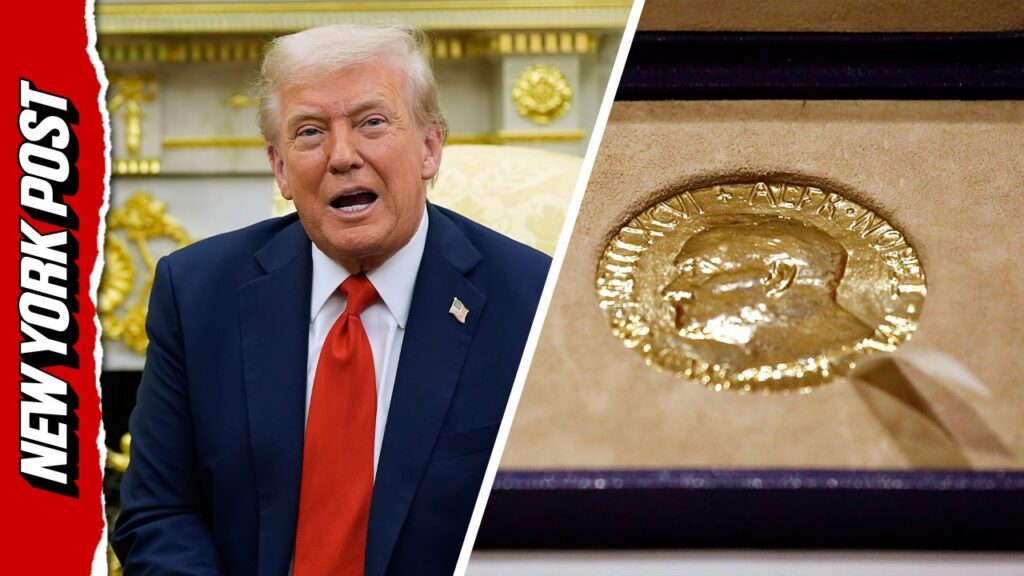
Introduction
The Nobel Peace Prize holds significant prestige and recognition for those who contribute significantly to peace efforts worldwide. In a surprising turn of events, former President Donald Trump was nominated for the Nobel Peace Prize in 2020, which has led to widespread discussions regarding the implications and significance of this nomination. This article explores the context of his nomination and its relevance in contemporary geopolitics.
Nobel Peace Prize Nomination
In September 2020, Norwegian lawmaker Christian Tybring-Gjedde nominated Donald Trump for the Nobel Peace Prize, citing his role in the Abraham Accords, which saw Israel normalize relations with the United Arab Emirates and Bahrain. Tybring-Gjedde argued that the agreement marked a significant step towards peace in the Middle East, a long-standing contentious region. The nomination sparked a series of debates and discussions about Trump’s approach to foreign policy, his resources, and whether his involvement was truly deserving of such an esteemed recognition.
Impact of the Abraham Accords
The Abraham Accords represent a crucial shift in Middle Eastern politics, as they were the first peace agreements between Israel and Arab countries in decades. Supporters of Trump’s nomination emphasized that his administration’s efforts to broker peace represented a new diplomatic strategy in the region. Despite the criticism Trump received regarding other aspects of his foreign policy, supporters argue that the successes in establishing diplomatic ties with Arab states exemplified his potential to reshape international relations.
Criticism and Controversy
However, Trump’s nomination was not free from contention. Critics pointed out ongoing conflicts throughout the region and questioned the sustainability of the agreements. Additionally, they argued that the nomination was politically motivated, serving more as a tool to support Trump’s image rather than as recognition of substantive peace efforts. This led to a broad discourse, asking whether or not Trump’s actions genuinely contributed to lasting peace or were merely operational tactics to secure favorable outcomes for his administration.
Conclusion
While Donald Trump’s nomination for the Nobel Peace Prize highlighted a noteworthy diplomatic achievement with the Abraham Accords, it remains a polarizing topic. The discussions surrounding the nomination highlight the complex nature of peace negotiations in geopolitics and the differing perceptions of political figures’ contributions to global peace. Whether Trump’s approaches will be acknowledged as genuine advancements in peace-building or viewed only through a critical lens will remain to be seen. Ultimately, this debate underscores the ongoing need for global diplomacy and collaboration, with or without the recognition of awards like the Nobel Peace Prize.



